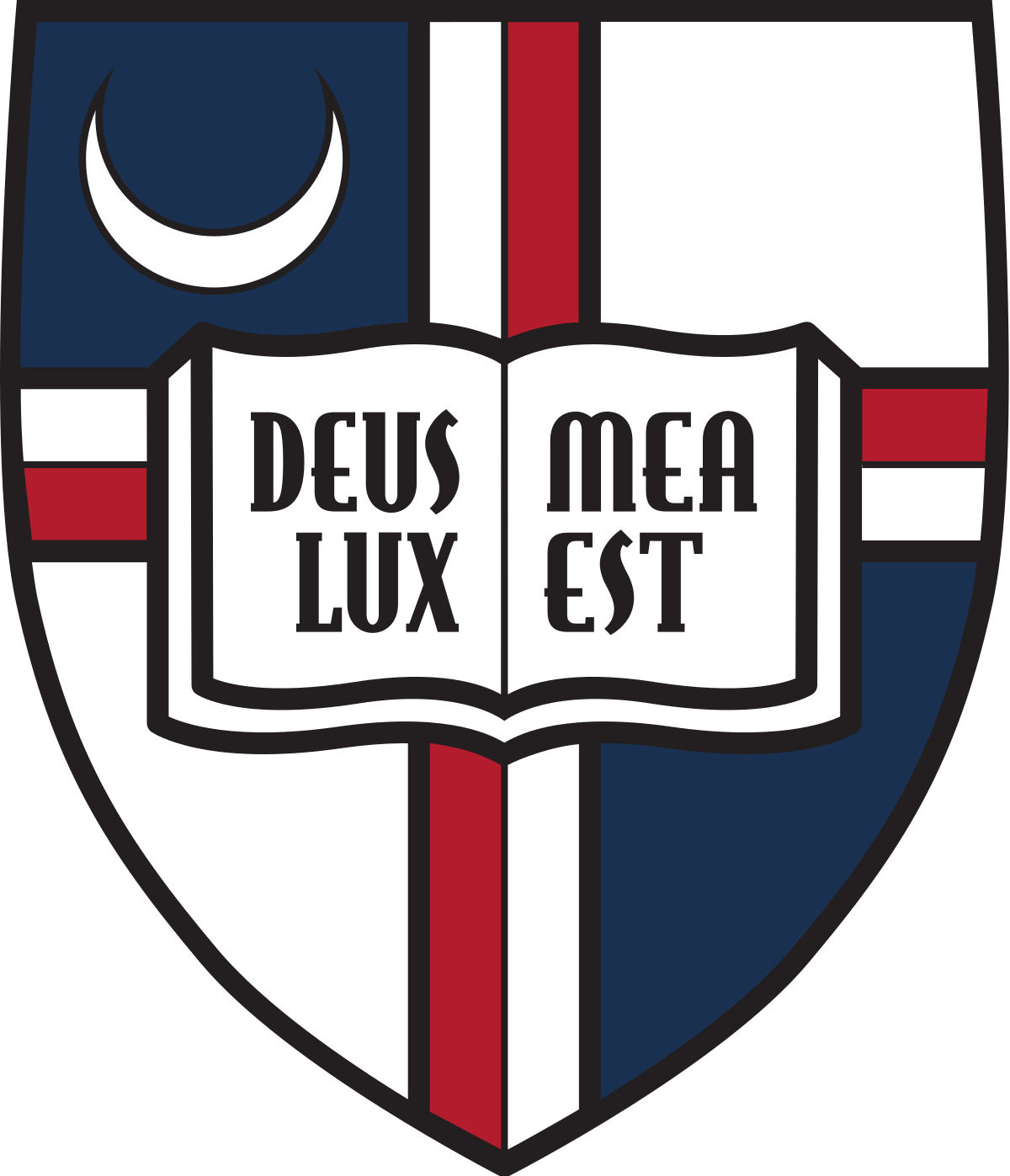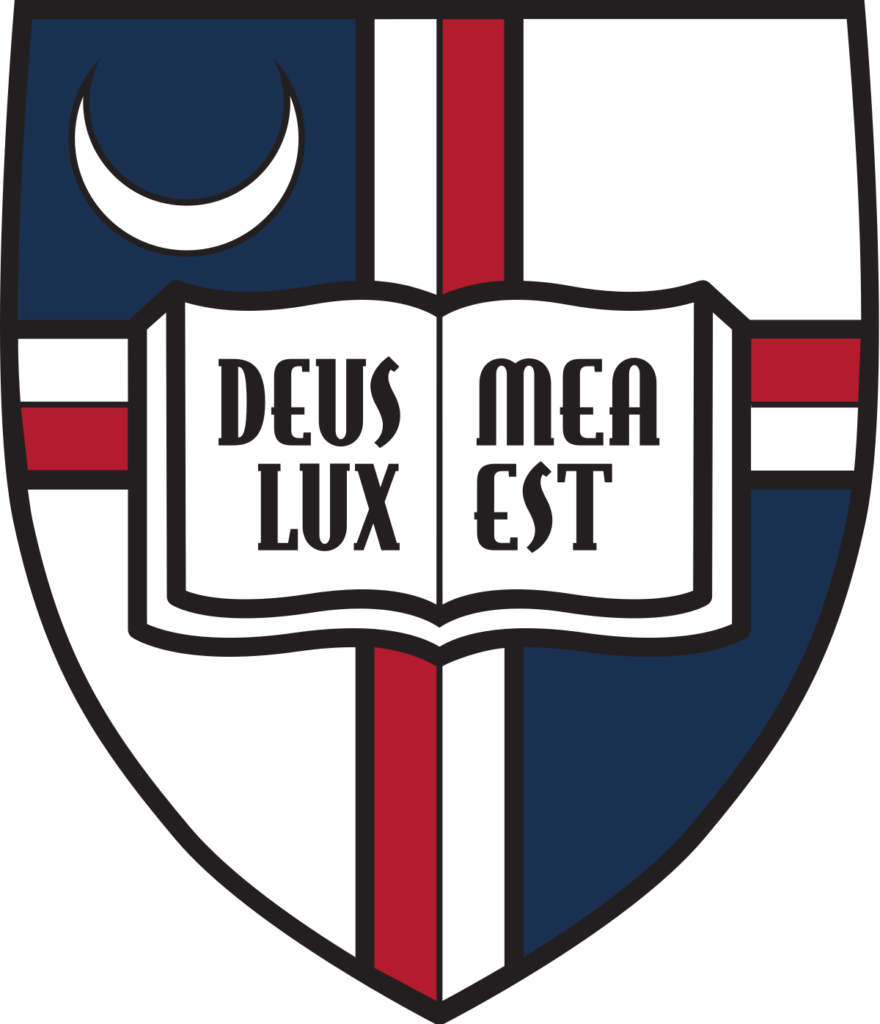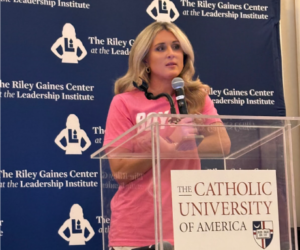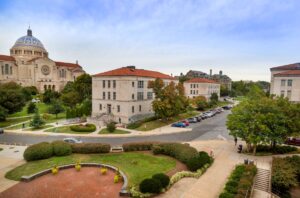A Pornography-Free Wi-Fi and How it’s Happening


By Emily Prendergast
Catholic University’s campus has been buzzing with controversy regarding the approval of the resolution to remove the top 200 pornography websites from the university Wi-Fi. Over the past several weeks, a group of students have been collecting signatures for a petition for the ban from their classmates. The resolution was passed in Monday’s Student Government Association (SGA) Senate meeting. Catholic U now joins the University of Notre Dame in schools that are pushing a ban of the use of pornographic material on school resources.
The inspiration for this change was sparked by news that the University of Notre Dame was to cover murals that celebrated the achievements of Christopher Columbus while disregarding the students’ request to ban the top 25 porn sites. Notre Dame’s petition racked up over 1,000 signatures from its student body. One student that decided to start a petition for Catholic University was shocked that the school did not already have a ban on porn and decided to take action on the matter along with his friends.
After deciding to remedy this problem on campus, the group of students sought out help from the university administration. After climbing the ladder of officials and finding a way to enact this policy for free, while speeding up the Wi-Fi, the students were advised to gain support from other students and to go through SGA.
“Everybody on campus found out [about the petition] pretty quickly and we got 351 undergraduate signatures,” said Joseph Enzler, a senior international business major. “We told as many people as possible to show up to the SGA meeting because that is almost equivalent to getting signatures on the petition.”
Gerard McNair-Lewis, the senator who sponsored the bill, decided to focus the piece of legislation on the negative aspects that pornography has on a person including the psychological and social effects.
“The avenue that we ended up taking which, I think was the simplest and easiest to get behind, was that we are The Catholic University of America,” said Senator McNair-Lewis. “We prescribe to the Church’s teachings, why should let our resources be used as a means to this thing that we condemn outwardly.”
While many students on campus have expressed their support for this policy, many have also stated their disapproval of the petition and the legislation being passed in SGA.
“Regardless of one’s opinion on the morality of pornography, this ban is an infringement on the freedom of speech and expression of students,” said Rachel Lucas, a freshman politics and Islamic world studies major. “I believe that this censorship foreshadows a slippery slope in which the university may begin to ban more internet content depending on their opinion of the subject.” Students are stating that Catholic University already has enough policies that are strict on students and that this ban is too controversial of a decision for Catholic to make on behalf of its students. Due to the fact that Catholic University is a private institution, it is within its rights to ban pornography and enforce the policy.
“Check your values because if you think you can go to a Catholic University and watch porn on its Wi-Fi, that’s the day the Church dies,” said Enzler in regards to the negative attention that this petition has received.
Enzler and McNair-Lewis believe that this restriction could positively impact sexual harassment on campus, especially during Sexual Assault Awareness Month and in the era of the Me Too movement. They also note that this would be a great month for the university to make the announcement if the ban is approved by administration.
“The whole aspect of pornography, using people as a means to an end of utility of pleasure for pleasure’s sake, allows one to become habituated to acting or thinking a certain way about individuals,” said McNair-Lewis.
McNair-Lewis and Enzler also stated that the movement against porn and masturbation has been completely secular and that, although being a Catholic institution, the main reason for this ban is to create a conversation amongst students and to raise questions.
“This is not rooted in our hatred for pornography, it is rooted in our love for our fellow students,” said McNair-Lewis.
They noted that they do not believe that this restriction will lead to harsher rules enacted by the university, because porn is intrinsically bad in all aspects and is not a censorship of information.
“It is ultimately the desire to invoke discussion and the question from the campus body that lead us to pursue this wholeheartedly because without taking any action, talk is meaningless,” said Enzler who also noted that this restriction will lead to discourse which is ultimately how one arrives at the truth.
After being passed in SGA Senate, SGA President Jimmy Harrington signed his approval of the bill, “A Resolution for a Pornography Free Campus Network.”
“I do not believe that the freedom to watch pornography is one that any student on this campus is entitled to through our network,” stated Harrington in his letter of approval to the senators. “No explicit rule prevents a student from viewing such content, but that does not entail that the University’s network should facilitate it for such use.”
Speculation states that this bill will go straight to University President John Garvey, surpassing the Academic Senate and the Board of Trustees. The SGA bylaws are unclear on the order of approval that a such bill will need before being enacted. The timeline for the implementation of this restriction on campus Wi-Fi if it is approved is also currently unknown to students.







